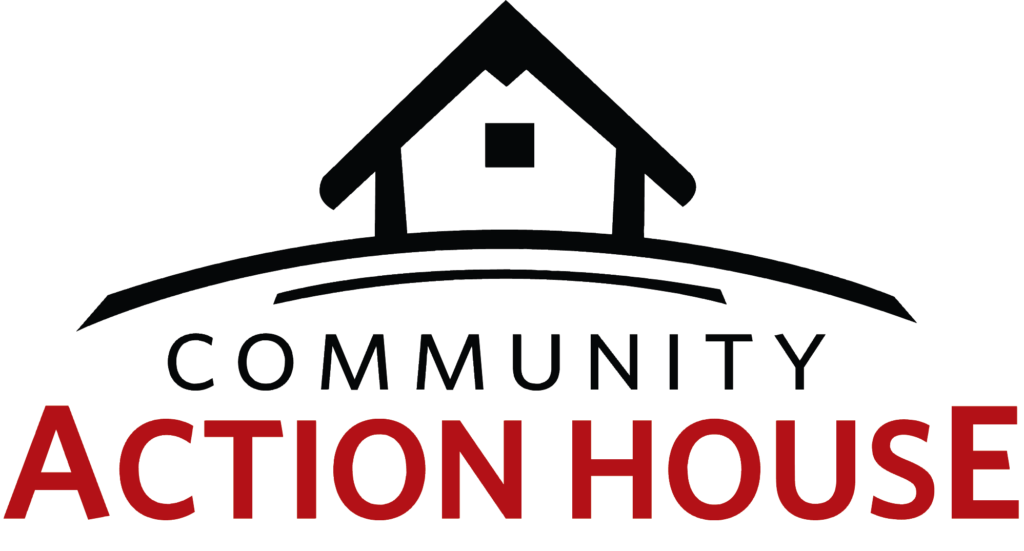
When most of us think of food assistance, we picture food pantries: shelves stocked with non-perishable items waiting to be doled out to people experiencing food insecurity.
Perhaps some of us have received help from a food pantry ourselves. Typically, the process involves showing up during limited pantry hours, waiting in line, and either being handed a pre-packed box of items, or selecting from a uniform list of options (e.g. “Two cans of green beans or two cans of corn?”). If you’ve never had this experience, consider for a moment what it might be like. How would you feel?
How can food assistance programs operate in ways that are instead dignified, empowering, and culturally-responsive?
Last summer, Dr. Liz Sharda, Assistant Professor of Social Work, began a two-year project with other Hope faculty and students to address this question.

“Food Disparities and Food Justice in Greater Holland: A Collaborative Project of Hope College and Community Action House”, supported by a grant from the Mellon Foundation, links an interdisciplinary team of Hope faculty and students with Community Action House (CAH), a local non-profit dedicated to ending poverty in our community.
In fall of 2021, CAH began to transition from a food pantry model (much like the one outlined above) to a Food Club, a non-profit, member-based grocery store offering high-dignity access to nutritious and culturally-relevant food choices for the low-income population of the greater Holland area.
To date, the project has had three components:
- Reading circles: The team of faculty, students, and CAH staff read and discussed resources on such topics as the history of food, food and culture, and dignity and choice.
- Volunteer Experience: Two Hope students spent several hours each week volunteering at two of CAH’s food assistance initiatives.
- Focus Groups: Dr. Sharda and the students conducted two focus groups with community members from ethnic minority groups, gathering their input on planned changes to CAH’s food assistance program and their perspectives on food through the lens of culture. There is an additional focus group planned for fall 2021.
Over the next year , the team will analyze and summarize focus group data and use it to design and implement a culturally-responsive outreach and engagement strategy for the new CAH Food Club.


